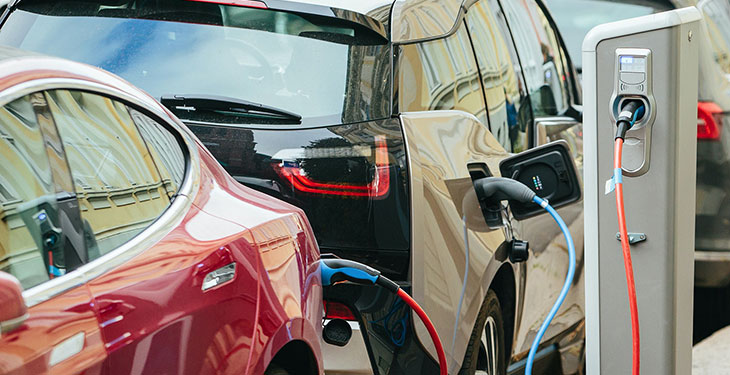Germany last year saw a real boom in sales of electric and hybrid cars, which analysts say is partly due to generous subsidies of up to 9,000 euro granted by the German government to purchase such a car, DPA reports.
According to a report published on Tuesday by the research institute Center for Solar Energy and Hydrogen Research in Baden-Wuerttemberg (ZSW), Germany has overtaken the United States, becoming the world’s second largest market for electric cars.
China remains the largest market for the electric and hybrid car industry, with 1.25 million such cars registered in 2020, or a third of the global total of 3.18 million units. But China’s share of the global market is shrinking. Last year, the Chinese electric car market grew by only 3%, while the global market grew by 38%.
The strong advance posted last year in the global electric car market was influenced primarily by Europe, led by Germany, where sales of electric and hybrid cars increased by 264% annually, to 395,000 units, which is the highest growth rate was recorded overall, say researchers at ZSW, according to Agerpres.
In total, Europe, including the European Union, the United Kingdom, Norway, Iceland and Switzerland, saw a 134% increase in electric and hybrid car registrations to 1.37 million units. The growth rate of the European market is clearly higher than that of the Chinese market, where sales increased by only 3%.
After China and Germany, the US is the third largest market in the world with 322,000 electric and hybrid cars registered last year, followed by France with 195,000 units, the United Kingdom with 175,000 units and Norway with 108,000 electric and hybrid cars registered. In seventh place is Sweden with 94,000 green cars, followed by the Netherlands with 88,000, Italy with 60,000 and Canada with 53,000.
